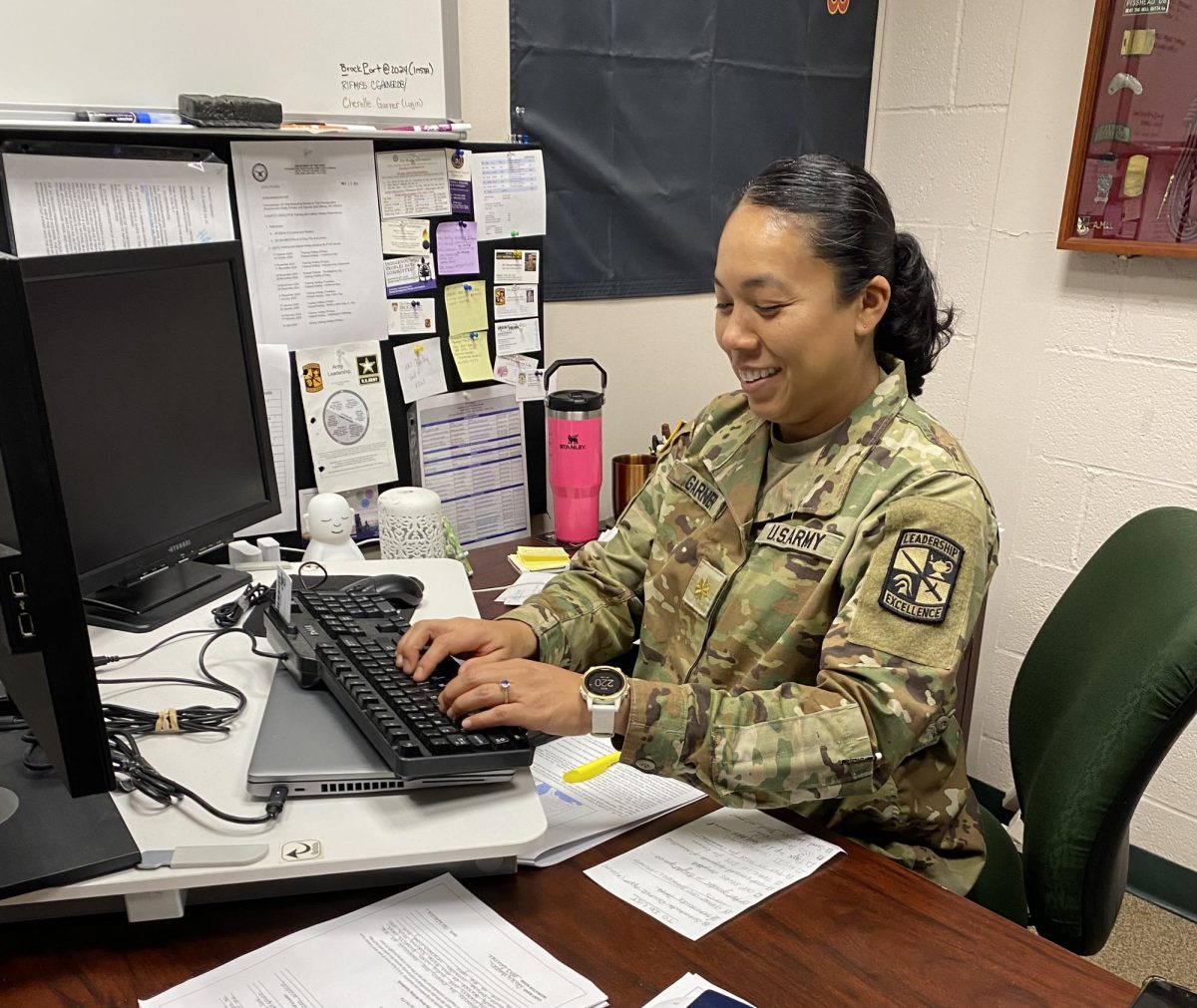
by Antonina Tortorello
From the time Cambrie Eckert was in middle school she knew something was wrong.
Eckert says she had trouble sleeping, felt unmotivated doing daily tasks and felt a general sense of aloneness. Recently, Eckert says that she has found ways to deal with her mental health in her everyday life.
“I deal with my mental health currently by going to therapy once a week, practicing coping strategies and taking medication,”said Eckert. “I just recently switched to a new medication for my seasonal depression, so I hope it helps a lot.”
“I have to work through them (mental problems) and I’m still trying to figure it out,” Eckert said.
Eckert is not in this alone. One in five adults in America experience mental illness. The level of severity differs from person to person but regardless, it’s something they have to live with every day. When Eckert was younger, she said she would suppress her emotions and feelings. As Eckert grew older, she identified these feelings as issues of mental health.
“Another coping mechanism I just realized I had growing up was listening to music and daydreaming,” said Eckert.
“I would daydream good and bad scenarios, usually me as a superhero saving the day and everyone praising me and grateful for me,” Eckert said.
Eckert said she would feel ashamed to think certain ways and used coping mechanisms to try and combat these emotions. She would use coping mechanisms like disassociation and self-harm to help control her emotions. Shame and stigma behind mental health is often caused by lack of understanding and fear. People who have lack of education on mental health are more likely to discriminate or stereotype people with mental illness, leading the victims to feel shameful about their disease.



Drawings by Eckert that express her emotions
The American Psychiatric Association says that there is an inadequate teaching of mental health in schools. Often, it is only taught in one grade and for a short period of time.
“I don’t feel like I was educated enough in school about mental health. Wasn’t even a topic at home,” Eckert said.
Eckert says she wasn’t taught the proper ways to identify her feelings and reach out for help. Learning about mental illness at a young age and showing students that it’s normal and okay to experience could be a step into breaking the stigma. A study by Springer Link found that teaching people at a young age about mental health makes them more likely to reach out and ask for help. Schools can be the perfect place to educate people on this topic so they are more likely to know what to do in the future.
Eckert and her family have opened up and talk about mental health freely at home. Her and multiple family members have found solutions to deal with their mental health and Eckert says it makes a huge difference. Mental health is a battle many people go through daily. Mental health education and breaking down the stigma can help people like Eckert know they are not alone.
If you or someone you know is struggling with mental health and need help you can reach out to the following source, National Suicide Prevention Lifeline (800)-273-8255, or reach out to a local therapist or doctor.





















